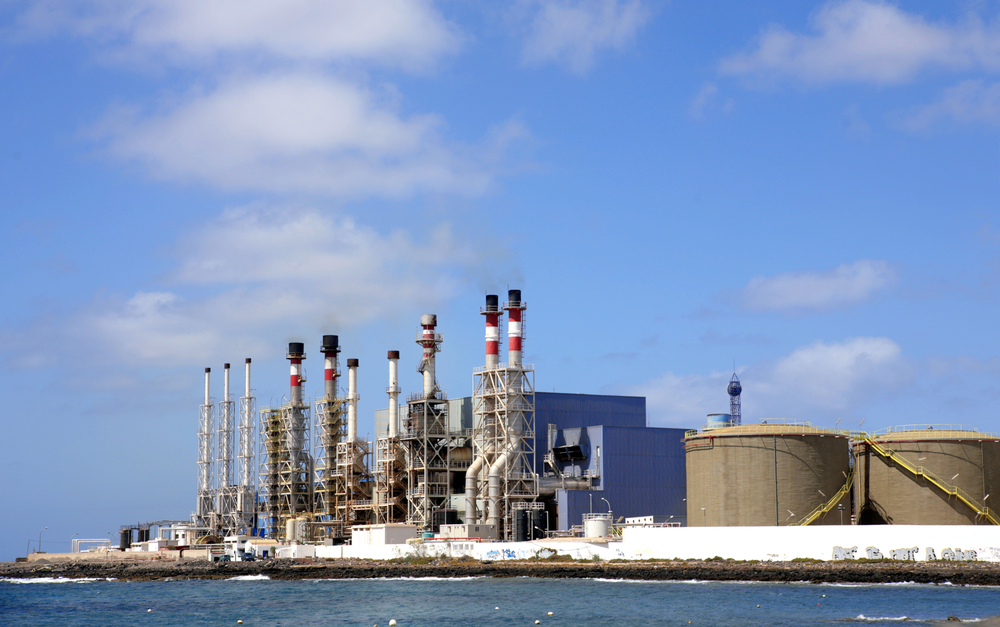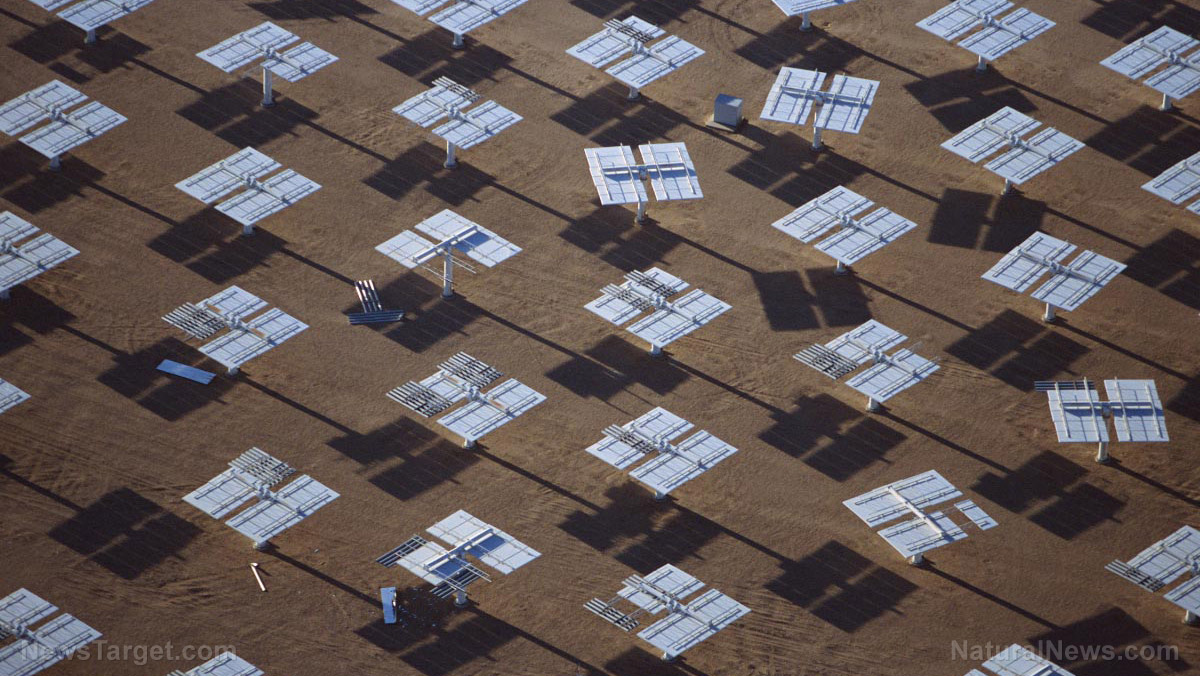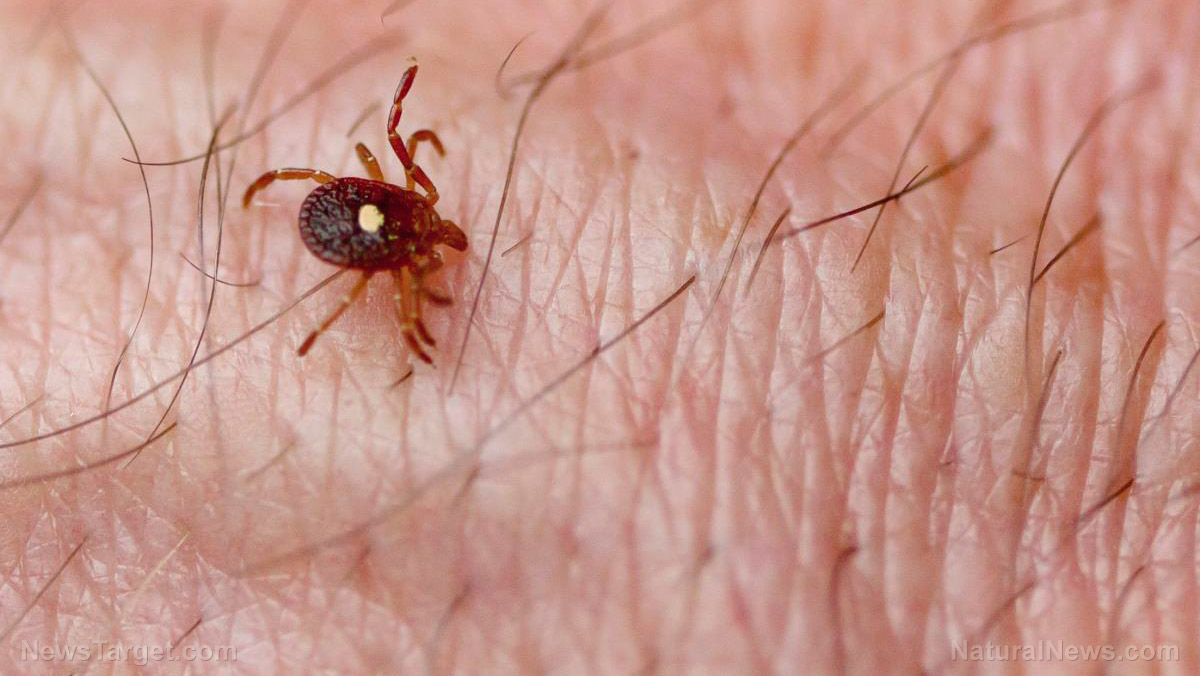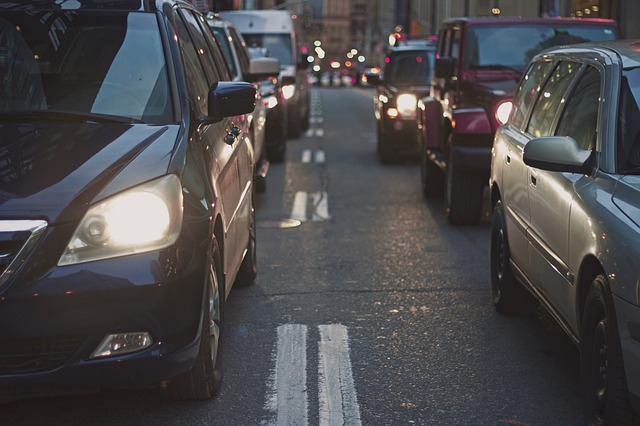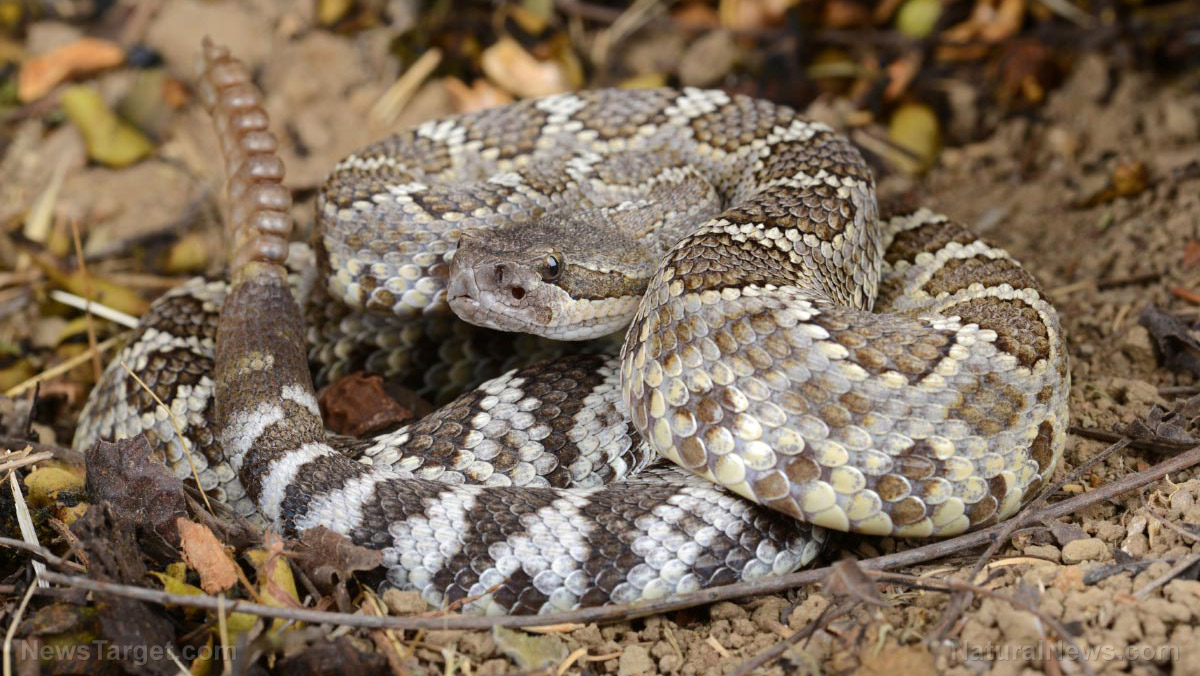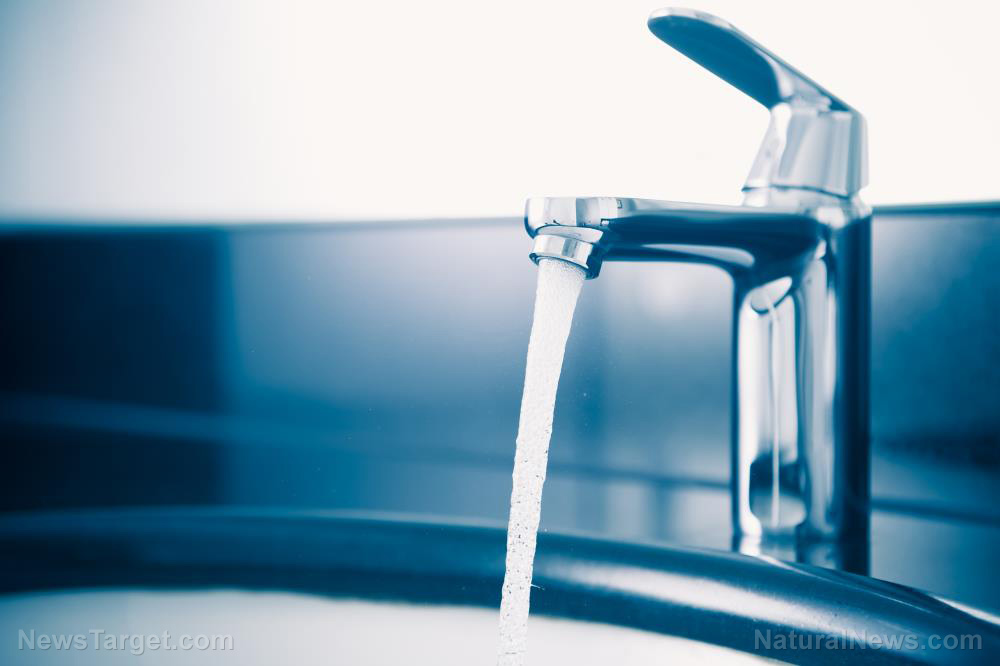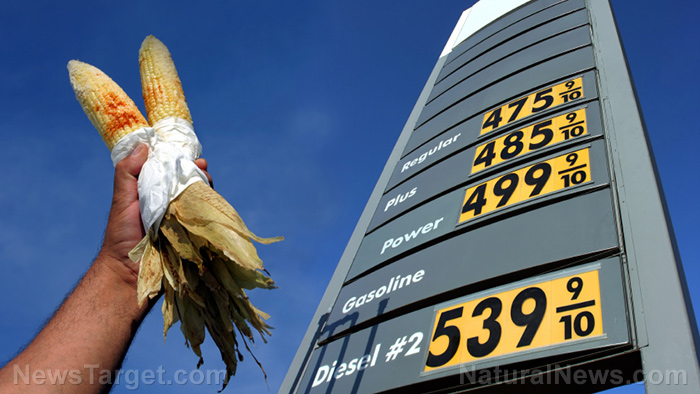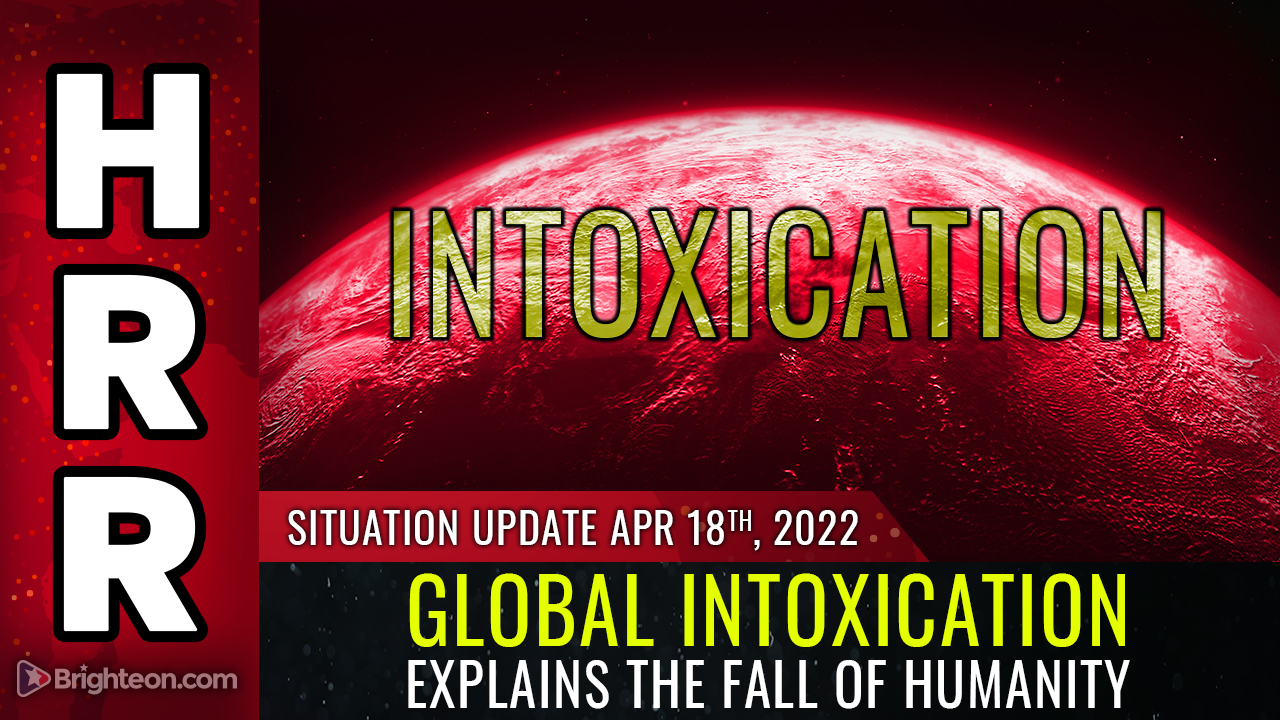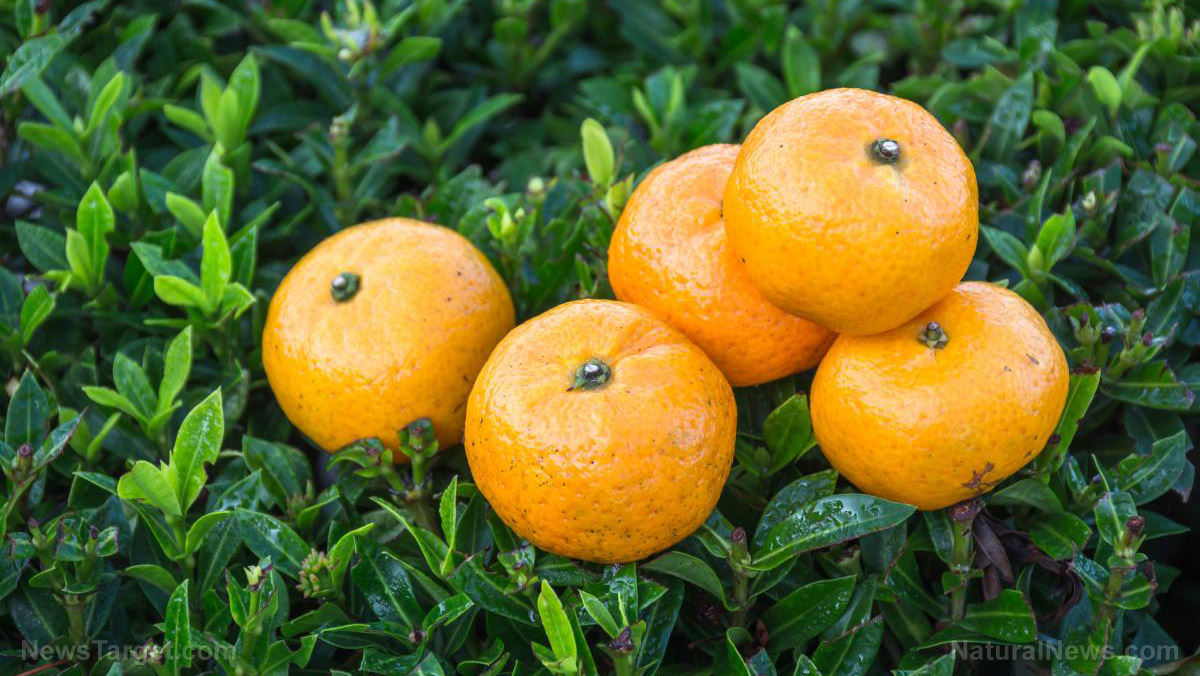The best at being the worst: Coca-Cola named the biggest plastic polluter in the world
08/25/2021 / By Virgilio Marin
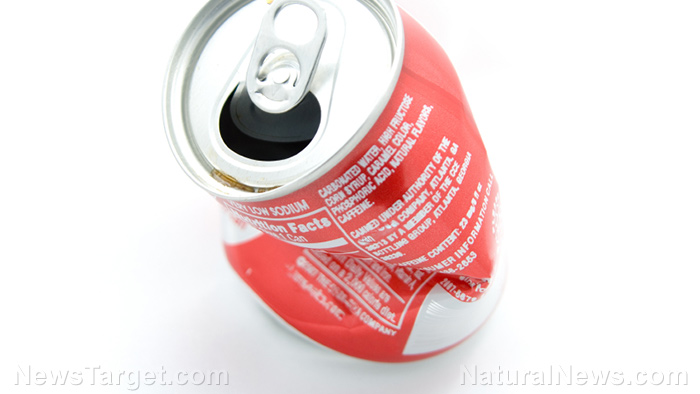
The Coca-Cola Company is the world’s top plastic polluter for the second straight year in a recent report by Break Free From Plastic. In its annual brand audit of plastic waste, the global movement found that the soda company is responsible for more plastic litter than the next top three polluters combined, continuing its streak from the previous year’s audit.
This comes as leaked documents revealed that Coca-Cola was lobbying against the introduction of a deposit return scheme in the U.K. in order to protect its profits. Under the scheme, a deposit fee will be charged at the point of purchase and refunded to the consumer when the bottle is returned.
The top corporate plastic polluters
In September 2019, Break Free From Plastics organized more than 400 one-day cleanups in 50 countries with the help of its member organizations. More than 72,000 volunteers combed through beaches, waterways and streets around the world in search of plastic scraps like bottles, cups and wrappers.
The volunteers recovered 475,000 pieces of plastic from 50 different plastic types. Forty-three percent of the collected plastic still had an identifiable brand while the rest no longer had a recognizable label. More than 11,700 pieces belonged to Coca-Cola, while 4,800 pieces belonged to Nestle. PepsiCo and Mondelez International followed with over 4,800 and 3,300 pieces, respectively.
The rest of the companies included Unilever, Mars Incorporated, Procter & Gamble, Colgate-Palmolive, Phillip Morris International and Perfetti van Melle. In 2018, the top ten plastic polluters were Coca-Cola, PepsiCo, Nestle, Danone, Mondelez International, Procter & Gamble, Unilever, Perfetti van Melle, Mars Incorporated and Colgate-Palmolive.

Coca-Cola was the top plastic polluter in Africa and Europe and the second biggest polluter in Asia and South America. Meanwhile, Nestle was the largest plastic polluter in North America, followed by the Solo Company and Starbucks. (Related: Coca-Cola responsible for polluting the earth with 100 BILLION plastic bottles, reveals alarming investigation.)
“This report provides more evidence that corporations urgently need to do more to address the plastic pollution crisis they’ve created,” said Von Hernandez, global coordinator of Break Free From Plastic, in a statement.
Hernandez bemoaned that corporations’ continued reliance on single-use plastic is contributing to more throwaway plastic into the environment. He noted that recycling is not going to solve the crisis and instead corporations have to seek innovative solutions to effectively curb plastic waste.
Leaked docs reveal Coca-Cola’s anti-recycling campaign
Coca-Cola issued a statement in response to the new audit, saying “Any time our packaging ends up in our oceans — or anywhere that it doesn’t belong — is unacceptable to us.” The corporation also said that it is working to address the issue and had been “investing locally in every market to increase recovery of our bottles and cans.”
But in a leaked 2017 document obtained by Greenpeace, it appeared that Coca-Cola was “fighting back” against a proposal to introduce deposit return schemes in Scotland even though the company complies with such schemes in other countries. The report, titled “Public Policy Risk Matrix & Lobby Focus,” included a section outlining issues that could hurt the firm’s business, including bottle deposit schemes and increased collection and recycling.
Louise Edge, head of Greenpeace U.K.’s ocean plastics campaign, said in a 2017 statement that
Coca-Cola was “parading a vague plan to reduce its plastic footprint.” But the company’s real goal, according to Hedge, was to keep producing millions of single-use plastic bottles and avoid responsibility for what happens to them.
Corruption.news has more stories about corporate misdeeds.
Sources include:
BreakFreeFromPlastic.org 1 [PDF]
BreakFreeFromPlastic.org 2 [PDF]
Submit a correction >>
Tagged Under:
This article may contain statements that reflect the opinion of the author

